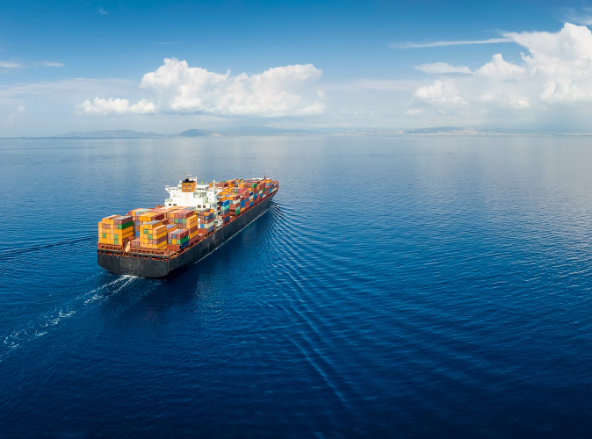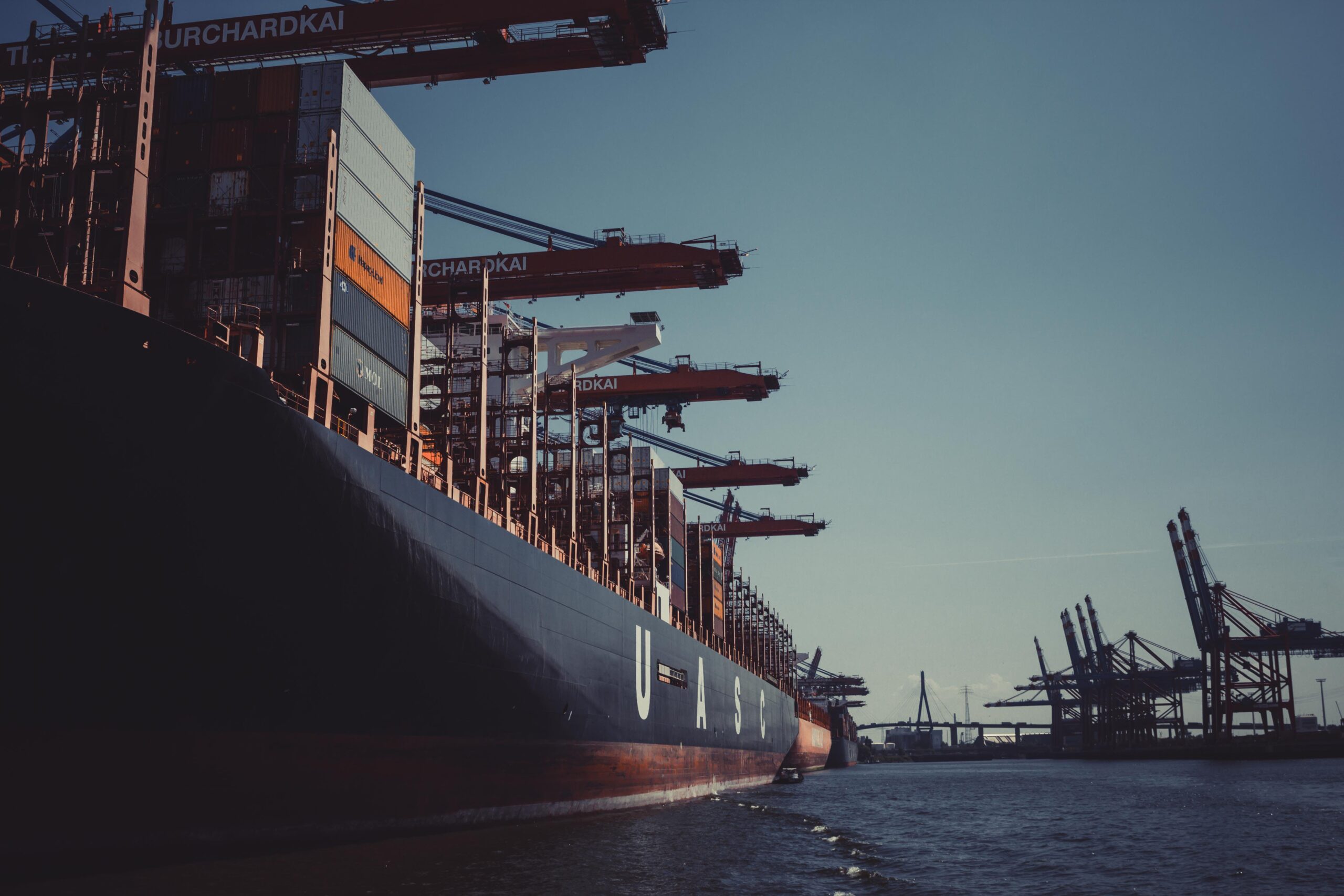PROGRAMME
Future ASEAN: Trade and Economy Programme

ABOUT THIS PROGRAMME
Southeast Asia stands as one of the world’s most dynamic trade and investment hubs, strategically positioned at the crossroads of global supply chains. With a combined population of over 650 million and a rapidly growing consumer market, the region is a key driver of global commerce. Its proximity to major economies such as China and India—home to the world’s largest populations—further enhances its economic significance. This combination of geographic advantage, expanding industrial capacity, and trade openness has solidified ASEAN’s role as a critical node in global supply chains.
Amid shifting geopolitical landscapes, ASEAN’s significance in global trade continues to expand. The U.S.-China trade war has driven businesses to diversify their supply chains, positioning ASEAN as a preferred alternative. As a result, various global strategies now focus on strengthening trade engagement with the region. The U.S. Indo-Pacific Economic Framework (IPEF) seeks to institutionalize supply chain partnerships with ASEAN, while China’s ‘China+1’ strategy has accelerated investment expansion into the region. Other major economies are also deepening their ties with ASEAN, as reflected in policies such as India’s Act East Policy, South Korea’s New Southern Policy, Japan’s Free and Open Indo-Pacific, and Australia’s Pacific Step-Up, all of which emphasize greater economic and trade connectivity.
With its active role, ASEAN is increasingly shaping global trade policy. The Regional Comprehensive Economic Partnership (RCEP), which came into force in 2022, strengthens economic integration between ASEAN nations and key global partners, further reinforcing the region’s influence in international supply chains.
However, alongside these opportunities come significant challenges. Tariff measures from trade partners, concerns over human rights and sustainability, and intensifying competition in technological development all have the potential to impact ASEAN’s trade and investment landscape. In an era of heightened geopolitical competition, ASEAN needs a delicate balance to maintain economic stability while leveraging its strengths.
Trade & Supply Chain Programme seeks to explore the evolving dynamics of global trade and supply chains, identifying both opportunities and risks for ASEAN in an unpredictable world. By engaging stakeholders and policymakers, the programme aims to strengthen Southeast Asia to be a resilient and competitive hub, ensuring it remains a key player in global trade while adapting to the ever-changing economic landscape.
Policy area

Geopolitics

Trade and Investment

Tariff and Non-tariff Agreement

Supply Chains

Regional Economic Integration